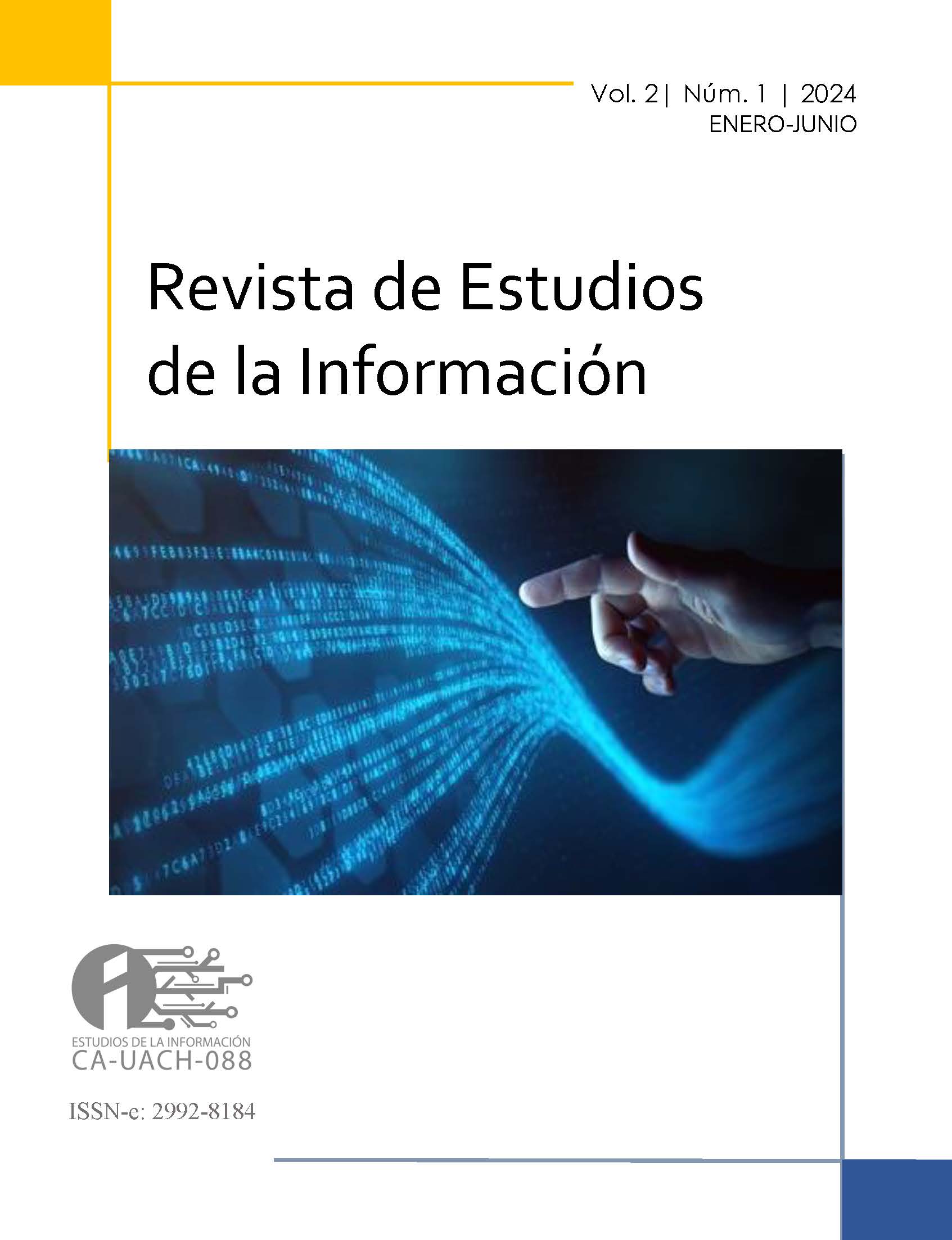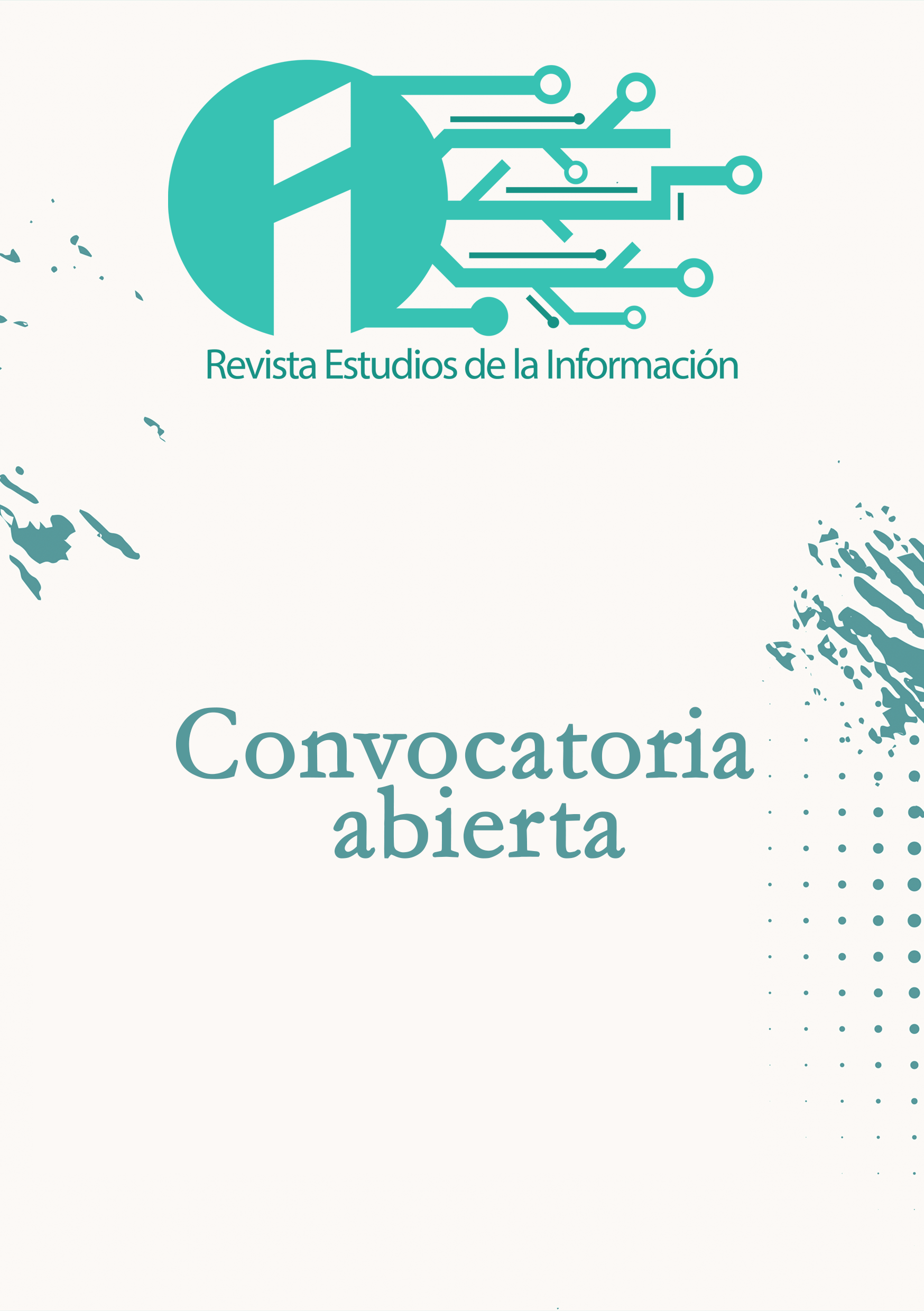¿Qué ganan los evaluadores si realizan una revisión por pares?
DOI:
https://doi.org/10.54167/rei.v2i1.1585Palabras clave:
revistas científicas, artículos científicos, revisión por pares, evaluación, retribución, ecosistema de publicación científica, modelos de publicación, ética, integridadResumen
A partir de la pregunta: qué ganan los evaluadores si realizan una revisión por pares, este artículo inicia dando cuenta de la relevancia de este proceso en la publicación científica, describiendo su importancia y los retos asociados, estableciendo que este proceso editorial se encuentra en crisis por diversas razones, principalmente relacionadas con el nivel de especialización que implica, las condiciones que idealmente debe cumplir un revisor y la falta de expertos disponibles y dispuestos a realizar esta labor, usualmente voluntaria. A partir de este contexto, se procede a presentar la respuesta a tal pregunta bajo tres apartados relacionados con las posibles retribuciones y compensaciones que pueden existir para los investigadores que realicen tal actividad, las cuales pueden representar algunas recompensas atractivas y fomentar la realización de la revisión por pares, pero que no están exentas de debates y controversias, que deben ser considerados cuidadosamente por los editores de revistas científicas: 1) reconocimientos morales y de enriquecimiento personal; 2) retribuciones en especie; y 3) el extraño caso del pago por la revisión por pares.
Descargas
Citas
Agredo-Machin, D., Romo-González, J. R., Machin-Mastromatteo, J. D., y González-Quiñones, F. (2022). Personality traits as drivers of the scientific production: Information, scientific and academic literacies implications. Communications in Computer and Information Science, 1533, 290-301. https://doi.org/10.1007/978-3-030-99885-1_25
Cabanac, G. [@gcabanac]. (17 de marzo de 2024). #ChatGPT “regenerate response” fingerprint in reviewers' reports: I found some in @MDPIOpenAccess journals, e.g., https://pubpeer.com/publications/E6F750F5DE06F5C90B0455E1AB4563 and https://pubpeer.com/publications/BA15B2C19EFBD3694FB87FBA095AAC. It seems that fancy adjectives are good predictors, too... Is peer review doomed? https://x.com/mishateplitskiy/status/1769433162122232127 [Tweet]. X. https://bit.ly/3xqIMFY
Ease. (2018). Taylor & Francis to pay reviewers in fast track publishing service. https://bit.ly/3XGT6nQ
Elsevier. (2024). Reviewer Hub. https://reviewerhub.elsevier.com
Liang, W., Izzo, Z., Zhang, Y., Lepp, H., Cao, H., Zhao, X., Chen, L., Ye, H., Liu, S., Huang, Z., McFarland, D. A., y Zou, J. Y. (2024). Monitoring AI-modified content at scale: A case study on the impact of ChatGPT on AI conference peer reviews. ArXiv. https://doi.org/10.48550/arXiv.2403.07183
Machin-Mastromatteo, J. D. (2023). Implicaciones y políticas editoriales de la inteligencia artificial. Revista Estudios de la Información, 1(2), 123-133. https://doi.org/10.54167/rei.v1i2.1448
Meadows, A. (2019). Let’s add peer review information to ORCID records. https://bit.ly/3RLoPk2
Open Researcher and Contributor ID. (s.f.). Peer reviews. https://bit.ly/3zsk7Bc
Publishing with Integrity. [@fake_journals]. (11 de enero de 2022). Hi @NatureNeuro, not your interest in #OpenScience. Could you participate in our one click survey that asks whether reviewers should be paid given the new Accelerated Publication route that has been introduced by @tandfonline. Would also appreciate a RT. https://buff.ly/3f5SdOa [Tweet]. X. https://bit.ly/4ctOplw
Publons. (2018). 2018 Global state of peer review. https://bit.ly/3zisI9D
Singh Chawla, D. (2024). Is ChatGPT corrupting peer review? Telltale words hint at AI use. Nature, 628(8008), 483–484. https://doi.org/10.1038/d41586-024-01051-2
Stoop, J. (2020). Introducing Reviewer Hub. https://bit.ly/4eCBHmn
Taylor & Francis. (2022). Accelerated Publication clarification. https://bit.ly/3RMfKY5
Taylor & Francis. (2024). Accelerated Publication. https://bit.ly/3L7rEYJ
Vines, T., y Mudditt, A. (2021). What’s wrong with paying for peer review? The Scholarly Kitchen. https://bit.ly/3xxV0fY
Publicado
Cómo citar
-
Resumen152
-
PDF52
-
EPUB2
-
HTML0















